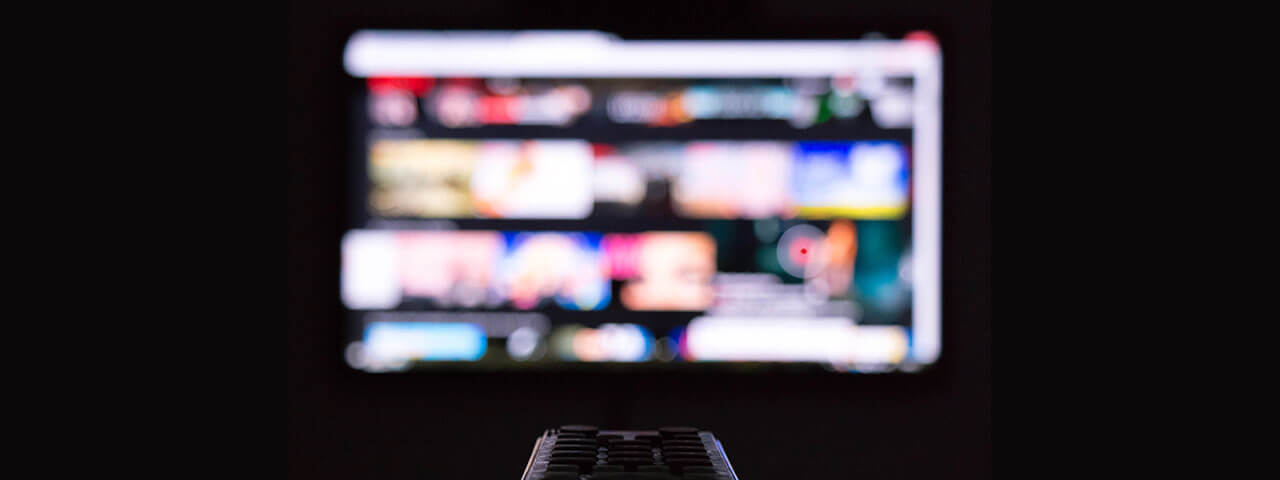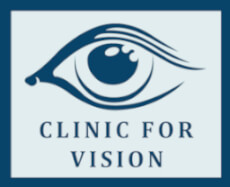
Watching TV With Diabetic Retinopathy
For many people, watching TV plays a large role in their daily lives as a form of relaxation and enjoyment. But engaging in this activity shouldn’t have to stop just because you or someone you care about has low vision. People who’ve experienced vision loss due to diabetic retinopathy can still enjoy their favorite TV programs thanks to vision aids and devices.
Contact Clinic for Vision PC Low Vision Center to learn more.
What is Diabetic Retinopathy?
Diabetic retinopathy is a complication of diabetes that occurs when the blood vessels in the retina (the light-sensitive lining at the back of the eye) start to deteriorate, causing them to bleed and leak fluid. This sometimes causes fragile new blood vessels to form, further adding to the risk of retinal bleeding and scarring. The longer a person is diabetic, the higher their chance of developing diabetic retinopathy.
Those with early stages of diabetic retinopathy may experience no symptoms or only mild vision problems. The early phases of this serious condition may not require treatment but should be closely monitored by your eye doctor. Macular edema can occur at any stage of diabetic retinopathy and should be treated without delay. With time, diabetic retinopathy can potentially lead to vision loss.
Some symptoms of diabetic retinopathy are:
- Blurred vision
- Sudden vision loss
- Empty or dark areas in your vision
- Fluctuating vision
- Spots or dark floaters in your vision
- Impaired color vision
Because diabetic retinopathy often starts without discernible signs and symptoms, it is important for patients with type 1 or type 2 diabetes to have regular comprehensive dilated eye exams to ensure that any changes in your eye health are detected early, to prevent or minimize vision loss.
If you or someone you care about has been diagnosed with diabetic retinopathy, speak with Dr. Kate McCurdy about how we can help. Even in the event of vision loss, there are several low vision aids and devices that can help you function independently and improve your quality of life.
How Can a Person With Diabetic Retinopathy Watch TV?
 There are several low vision aids and devices available that can help a person with diabetic retinopathy carry out daily activities, including watching TV.
There are several low vision aids and devices available that can help a person with diabetic retinopathy carry out daily activities, including watching TV.
TV watching primarily involves the use of central vision, so choosing a low vision aid that magnifies central vision will be the most helpful.
Popular low vision aids and devices for watching TV include:
- Monoculars – small handheld telescopes that work well for those with impaired vision in one eye. Monoculars are available in a range of sizes and magnifications, perfect for viewing mid-distance or far objects.
- Full-diameter telescopes – designed for distance tasks that can be carried out while the wearer remains in place. They are worn over a pair of glasses and cover the entire lens area, similar to a binocular. Full-diameter telescopes are suitable for tasks where the wearer is mostly still, like watching TV or sitting in a theater.
- Telemicroscope glasses combine the functions of both telescope and microscope glasses, enabling the wearer to comfortably perform mid-distance tasks. They are available in a variety of magnifications and can be worn for either one or both eyes.
The general rule of these aids is that the higher the magnification, the smaller the visual field. In other words, monoculars and telescopes usually offer a higher level of magnification than other vision aids, but allow the viewer to see a much smaller area of the screen.
A low vision assessment will help us determine which specific aids and devices will best suit your vision and lifestyle needs.
Additionally, there are several ways to set up your TV that can improve the way you watch it. Try placing the TV in an area that will reduce the amount of glare it reflects. For example, don’t place it near a window, but if you do, make sure the window has curtains or blinds that block out light. Mounting the TV on a painted wall and not a TV stand may also help by reducing background glare.
How a Low Vision Optometrist Can Help
With the help of low vision aids and devices, you will be able to keep up with your favorite TV shows, just as you always have. We have aided many patients with diabetic retinopathy continue to function independently, even with vision loss.
If you or someone you care about has been diagnosed with diabetic retinopathy, we can help. Call today to schedule a low vision exam.
Clinic for Vision PC Low Vision Center serves patients from Albertville, Boaz, Guntersville, Crossville, and throughout Alabama.

